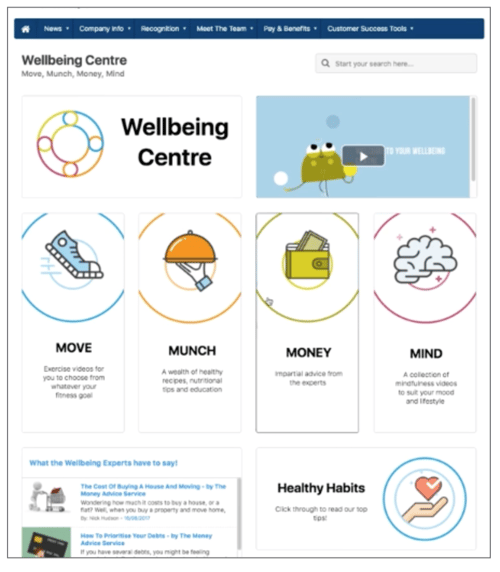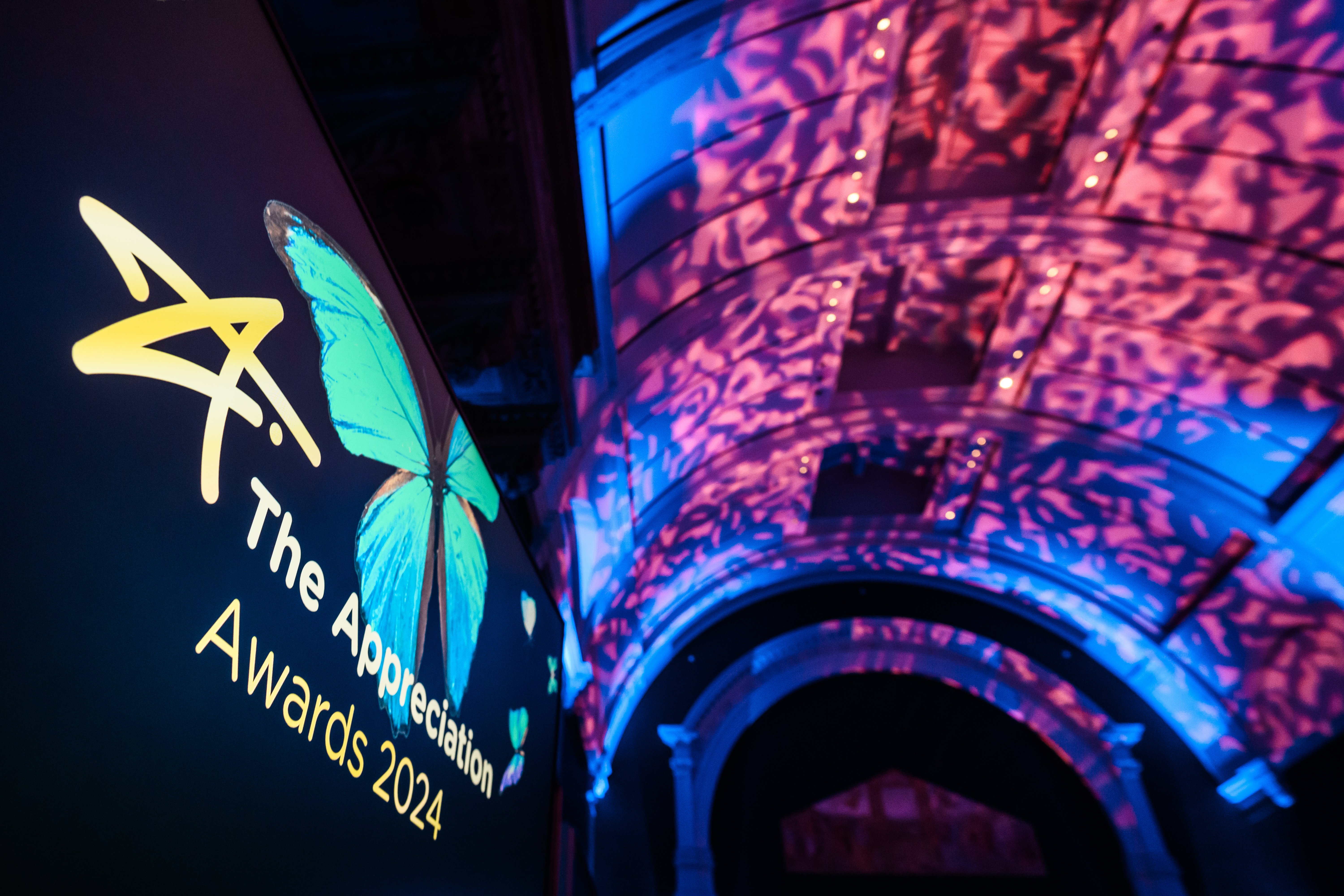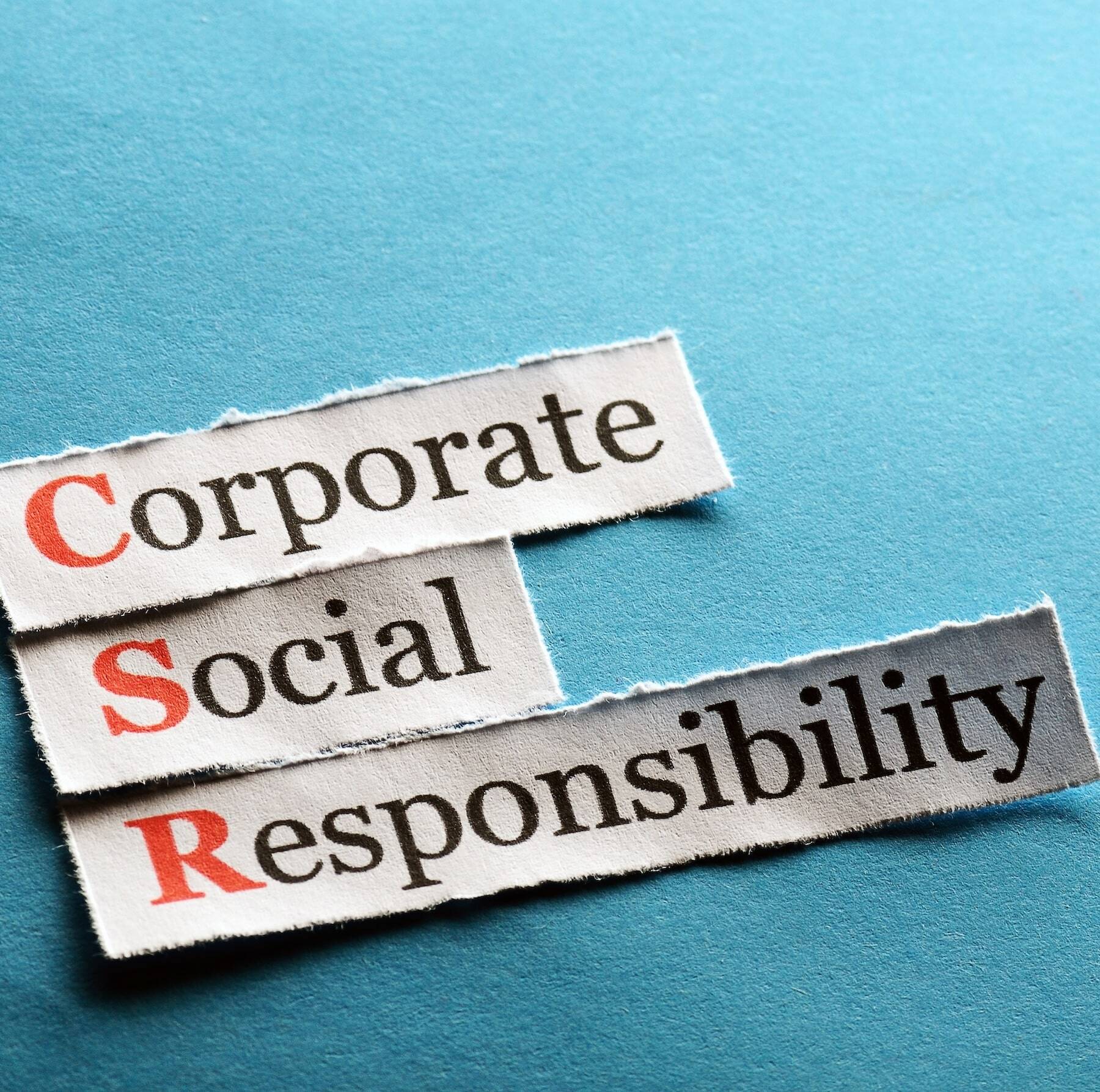4 min read
We’ve worked hard at Reward Gateway to ensure we run a working environment which is diverse and inclusive. Historically, people immediately look to tick boxes on gender, race, disability, and sexuality, in order to make sure they remain diverse. Now, mental health really needs to be on your agenda as well if you want to continue to create a truly diverse and inclusive environment.
While we consider this an ongoing project for our People Team, with next week being Mental Health Awareness Week, we thought we would take a few moments to talk about what we’ve learned as we’ve sought to improve our focus on mental health at work:
Remove the stigma
It all started with a blog post on our employee engagement platform, boom!, by one of our managers in London. They highlighted that workplace anxiety is one of the biggest risks they think we face and recognised that those who experience it often find it crippling and distracting from their workload. A few words from the post:
Whether its a panic attack, the alone feeling in a group of 20 or the constant state of worry, we should be aware that we all have a responsibility of ensuring our colleagues feel comfortable to always speak their mind and that we encourage this privately or in a group setting without judgement.
Once the issue was brought out into the open, especially by someone who’s a big presence in the office, it gave everyone a deeper insight into the world of mental health and how it related to work and got everyone talking about. In turn, making people realise that it’s nothing to be ashamed of.
Give people the right space to talk about it
With the stigma removed and more people talking about mental health, we wanted to ensure people had the right channels to talk about it. It’s not always easy speaking to a manager about mental health as some may not want to reveal it, wrongly perceiving that it might be seen as a weakness. We wanted stories and support to come from all levels of the business, from the Leadership Team and throughout the rest of the organisation.
We were lucky and six people put themselves forward to be our mental health champions, using internal employee communications to talk about their experiences with their own mental health. And there was a massive outpouring of support. Huge numbers of our employees read the articles, left comments and positive reactions, some of the highest numbers we’ve ever seen. On the back of which, over twenty more people put themselves forward with stories of their own to share.

Give people the right tools
All employees at RG have access to our Wellbeing Centre which has a broad range of tools to keep people active, help them eat well, get financial advice, and destress the mind. And with this in place, our people have a great resource should they need it. Which is the kicker, wellbeing tools are only helpful if people realise they need to use them in the first place.
The best tool you can give your people is an environment were mental health is freely talked about and they can recognise if they identify with the issues being raised.
Back to our six mental health champions and we’ve sent them on a course with Mind to better equip them with the tools they need to carry on the conversation about mental health. They will then be visible throughout the business should someone wish to talk to them. Taking it one step further, we also ordered lanyards to make them visible at work as champions so employees feel comfortable approaching them to discuss specific mental health topics.

Survey your people for open and honest feedback
Before you embark on changing the perception of mental health at your organisation, it’s a good idea to gauge the overall feeling which people have around their own mental health and how they feel like it’s handled by your organisation. We surveyed our people before we rolled out any initiatives to get a pulse check on what key themes and priorities we should focus on when it comes to mental health in the workplace, and will be surveying them again afterwards to see what impact it’s all had.
Give your efforts credibility
And to show how serious we are about supporting mental health, we've dedicated a whole day this month with workshops, talks, book giveaways and more. This includes got four sessions on financial wellbeing, coping with depression, confidence and anxiety, and a further session on depression with an in-house TedTalk by Jake Tyler.
Those leading the sessions, including Jake Tyler, have been carefully chosen to be people who align with the large millennial demographic of our workforce as we want to make sure the message is coming from people they can relate to.
What have you done to shine your own light on mental health at work? I'd love to know in the comments!

 Catrin Lewis
Catrin Lewis




